by AMIT ROY
CREATING the right brand for a company is quite an art – and Sir Richard Branson, boss of Virgin Atlantic, is changing the mascots on his aircraft after 35 years in order to reflect the ethnic and LGBT diversity of modern Britain.
It has long been acknowledged that branding is vitally important for an airline, as it is for other businesses, for it can make a memorable impression on passengers.
For a start, it tells them what to expect when they fly with the airline. And the branding can be developed through advertising, customer service, promotional merchandise, reputation, logo and mascot.
Air India, for example, has retained its much-loved Maharajah mascot, first dreamed up in 1946 by its commercial director Bobby Kooka and illustrated by Umesh Rao at ad agency J Walter Thompson in Bombay (now Mumbai).
Branson, however, is off-loading the Caucasian “Vargas girl” pin-up mascots on his aircraft because he feels they have become “stereotypical” for contemporary Britain. In a small way, this is like The Sun dropping its Page 3 topless models, once an important part of the newspaper’s brand.
When Branson founded his airline in 1984, he was inspired by Peruvian artist Alberto Vargas’s illustrations of pin-up “Vargas Girls” that appeared on many American Second World War planes. The Vargas estate granted Branson permission to use the inspiration of his illustrations on Virgin Atlantic’s aircraft.
When his airline’s new A350 was revealed earlier this year, Branson wrote on social media that the company would have “a brand new flying icon”.
The first of his fleet of 12 new Airbus A350 aircraft are named Red Velvet, and feature a black woman wearing a ruffled cropped white blouse and red shorts.
Livery applied to Virgin Atlantic’s other new planes will include a black man and a gay man.
The carrier said it will be the first in the world to have male figureheads on its planes.
Branson, who will turn 70 next year, is seen as one of Britain’s most innovative and dynamic business leaders. More than 20 years ago he introduced the idea that staff should address even their bosses by their first names and not wear ties to the office.
Possessed of a distinctive sense of humour, Branson changed into traditional Punjabi dress, complete with turban, on an inaugural Virgin Atlantic flight to India in 2012. He raced down the aircraft steps on landing in Delhi and told the assembled Indian media, “My original name is really Bran-Singh,” before releasing balloons in Connaught Circus from a fleet of tuk tuks and taxis.
There was a time when Vijay Mallya, the “king of good times”, was hailed as the “Richard Branson of India”. However the latter, (now awaiting possible extradition from the UK to India on alleged corruption charges) said with characteristic modesty he pre
ferred Branson to be described as “the Vijay Mallya of England”.
Virgin Atlantic’s new icons have been given working names inspired by celebrities in Britain: Meera, after the Indian origin actress Meera Syal; Zadie, after the author, Zadie Smith; and Daley, after the British former decathlete champion Daley Thompson and also the diver, Tom Daley, who happens to be gay.
Incidentally, Virgin Atlantic is relaunching flights between London Heathrow and Mumbai from October 27 this year. The airline already flies to Delhi.
Branson has pledged to tackle the airline’s gender pay gap and increase diversity and inclusion.
Earlier this year, it emerged that the airline had stopped telling female cabin crew they had to wear make-up. It also started providing them with trousers as part of their standard uniform, rather than only if requested.
It is aiming to have a 50/50 gender split in leadership roles, as well as 12 per cent black, Asian and minority ethnic group representation across the company by 2022.
There is business sense behind Branson’s move, for research and experience have shown that diversity adds to a company’s strength – and profitability.





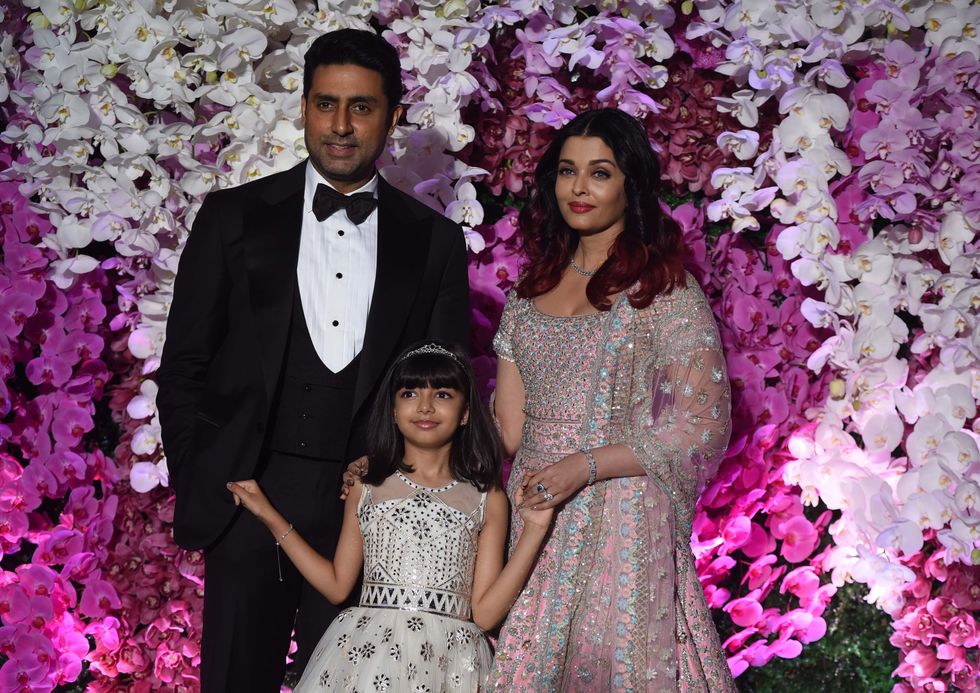 Aaradhya Bachchan has no access to social media or a personal phoneGetty Images
Aaradhya Bachchan has no access to social media or a personal phoneGetty Images  Abhishek Bachchan calls Aishwarya a devoted mother and partnerGetty Images
Abhishek Bachchan calls Aishwarya a devoted mother and partnerGetty Images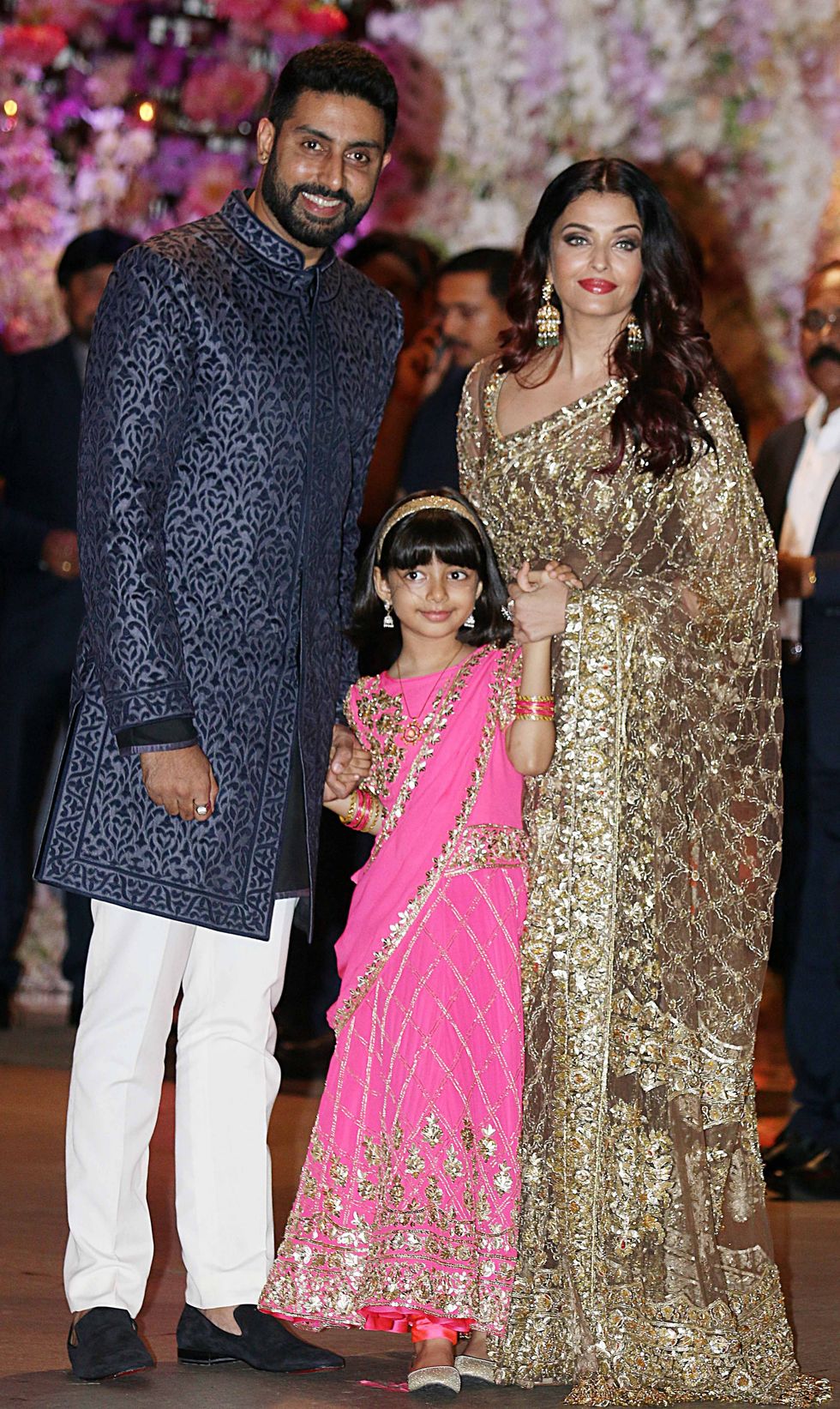 Aaradhya is now taller than Aishwarya says Abhishek in candid interviewGetty Images
Aaradhya is now taller than Aishwarya says Abhishek in candid interviewGetty Images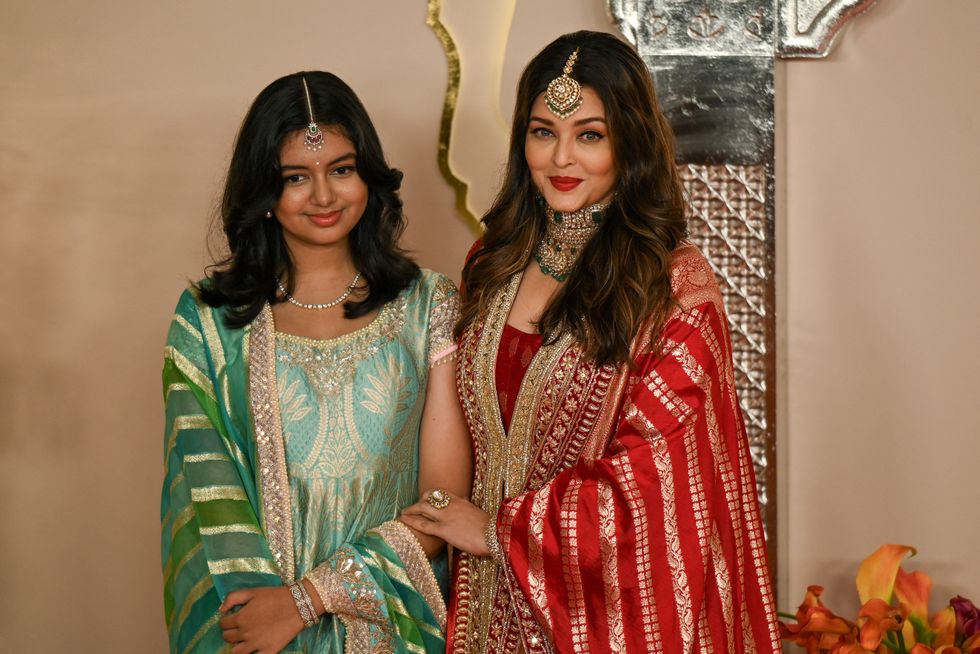 Aishwarya Rai often seen with daughter Aaradhya at public eventsGetty Images
Aishwarya Rai often seen with daughter Aaradhya at public eventsGetty Images









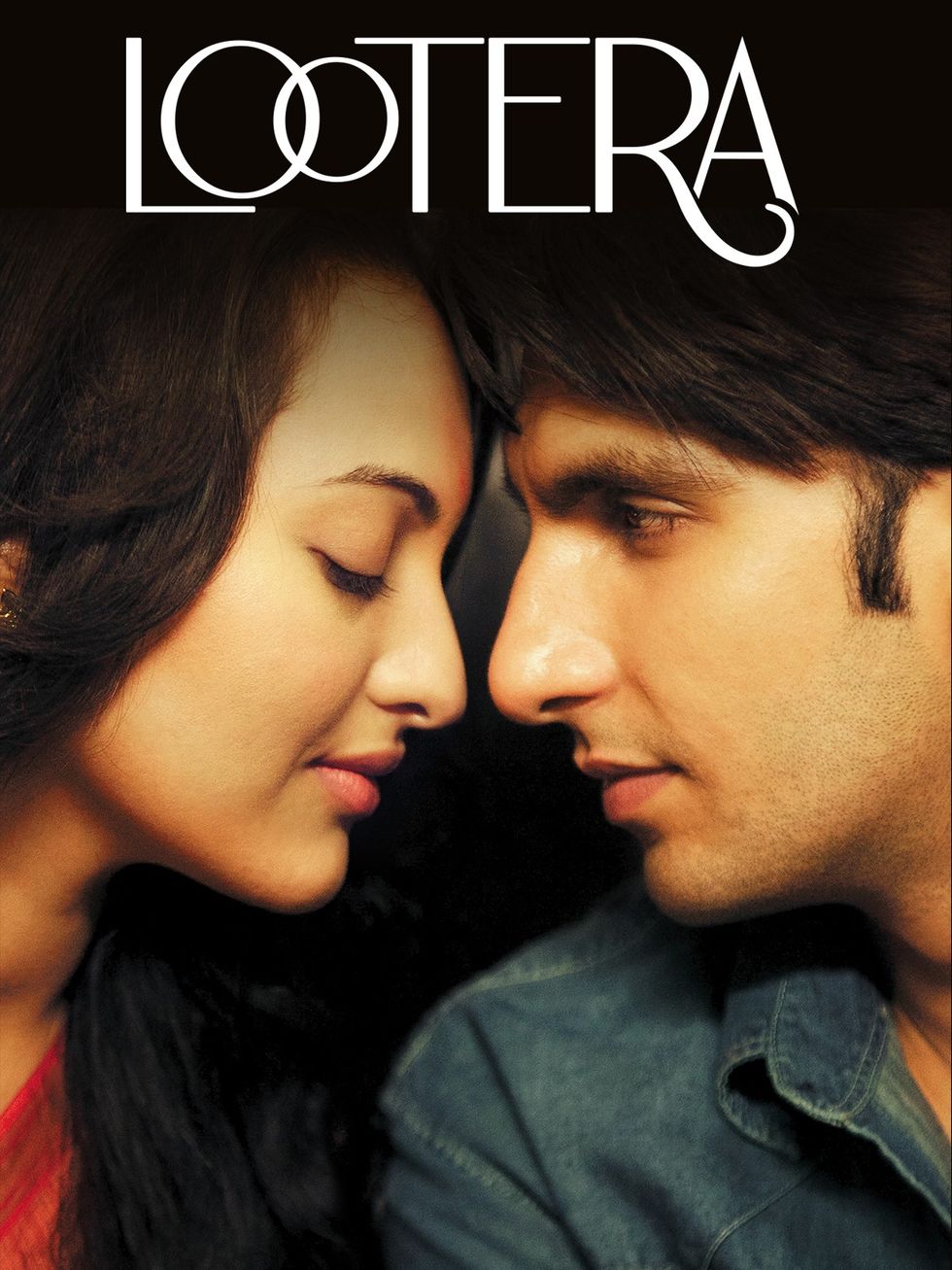 Lootera released in 2013 and marked a stylistic shift for Ranveer Singh Prime Video
Lootera released in 2013 and marked a stylistic shift for Ranveer Singh Prime Video 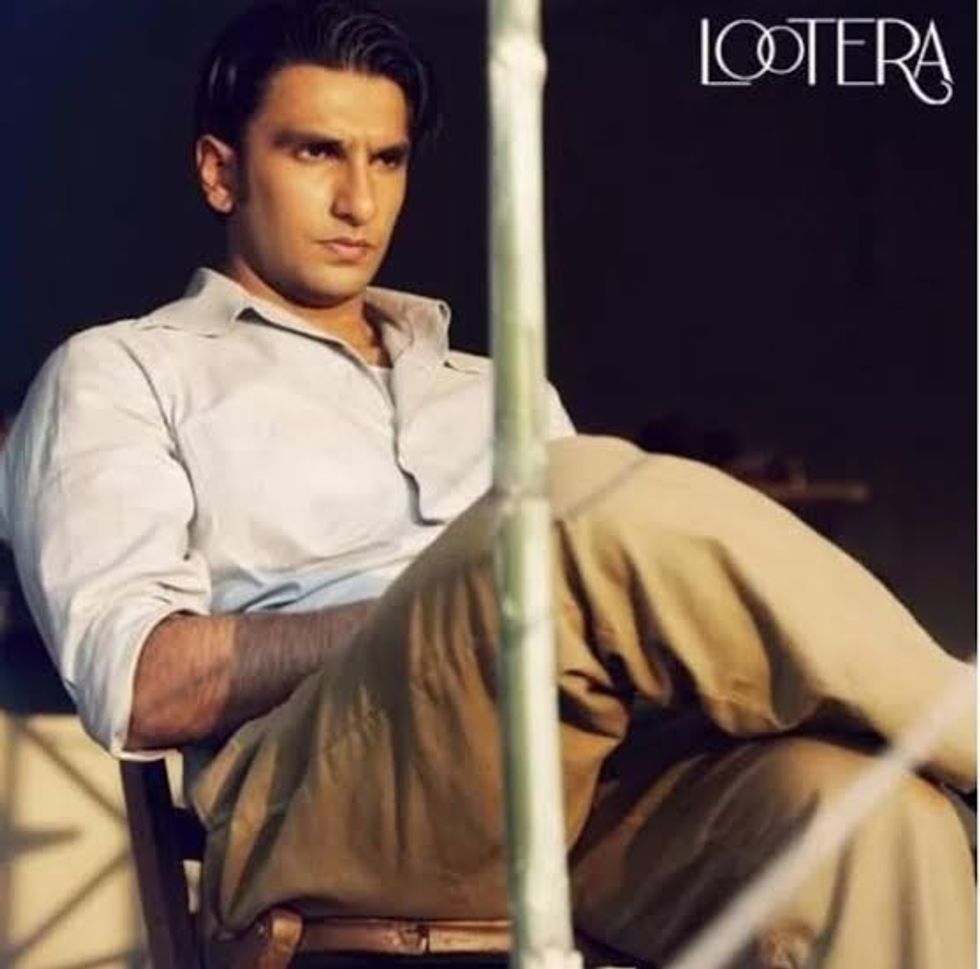 Ranveer Singh’s role as Varun showed he could command the screen without saying much
Ranveer Singh’s role as Varun showed he could command the screen without saying much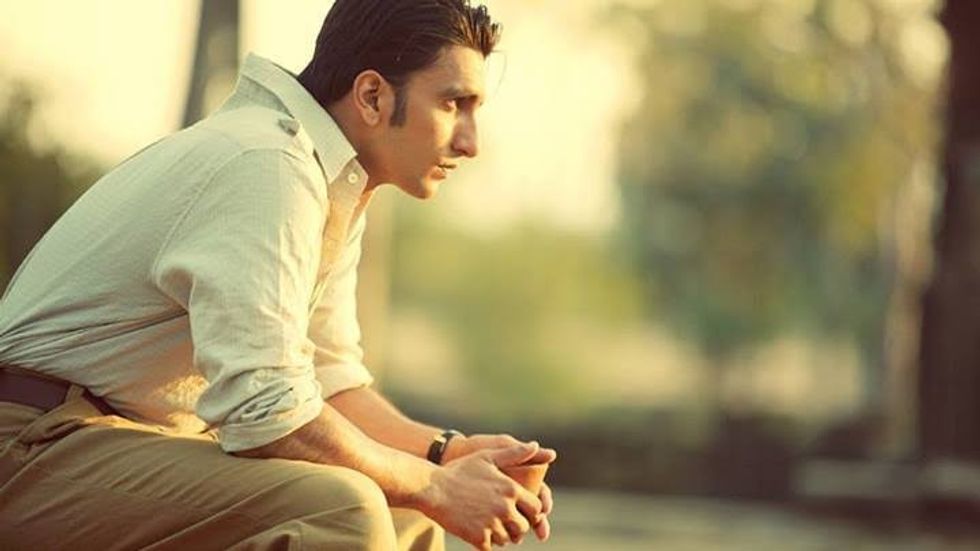 The period romance Lootera became a turning point in Ranveer Singh’s career
The period romance Lootera became a turning point in Ranveer Singh’s career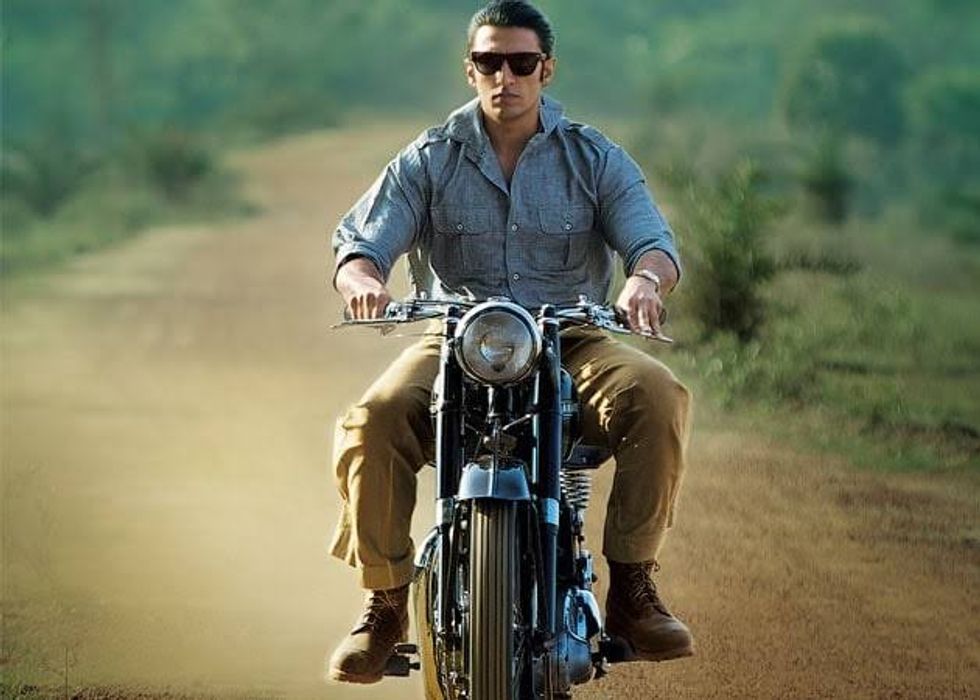 Ranveer Singh’s performance in Lootera was praised for its emotional restraint
Ranveer Singh’s performance in Lootera was praised for its emotional restraint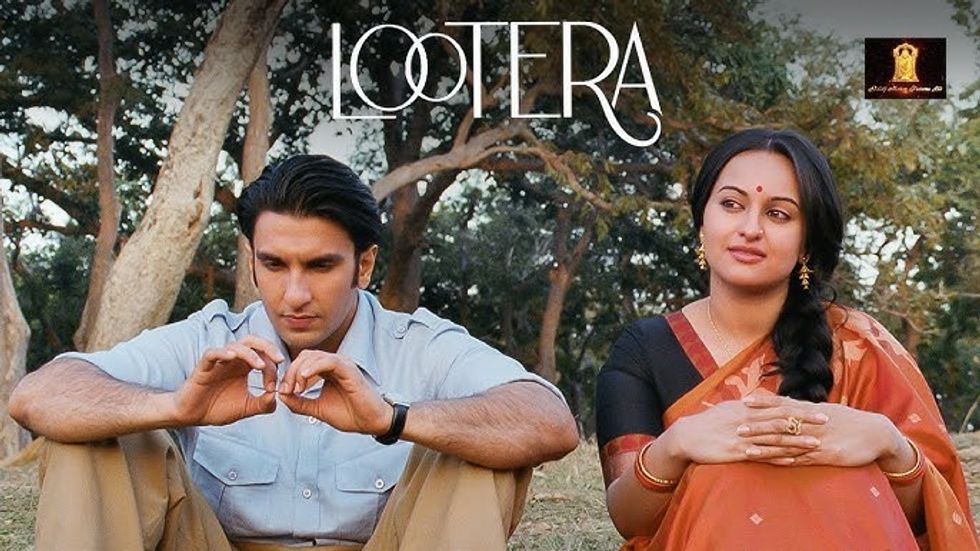 Ranveer Singh and Sonakshi Sinha starred in the romantic drama set in 1950s BengalYoutube/Altt Balaji Motion Pictures
Ranveer Singh and Sonakshi Sinha starred in the romantic drama set in 1950s BengalYoutube/Altt Balaji Motion Pictures 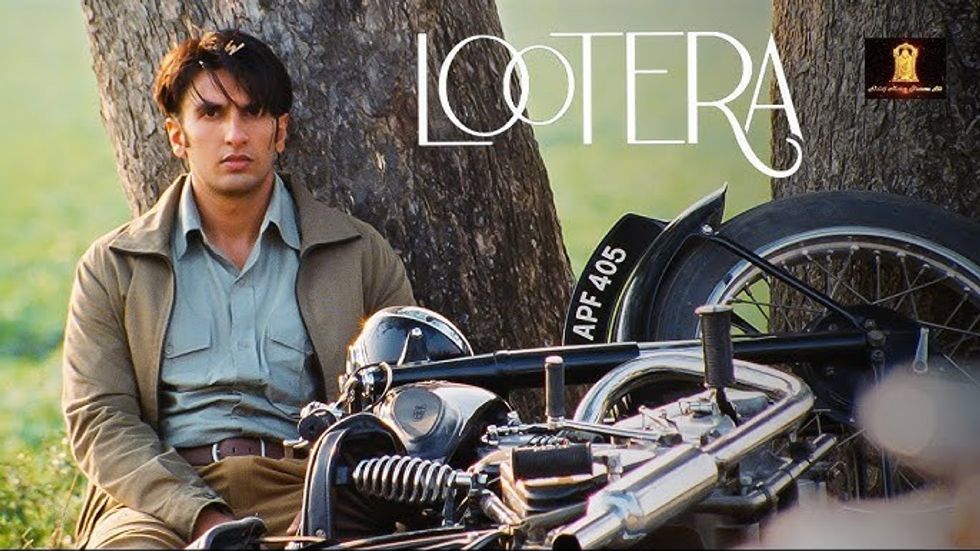 Lootera’s legacy has grown over the years despite its modest box office runYoutube/Altt Balaji Motion Pictures
Lootera’s legacy has grown over the years despite its modest box office runYoutube/Altt Balaji Motion Pictures
